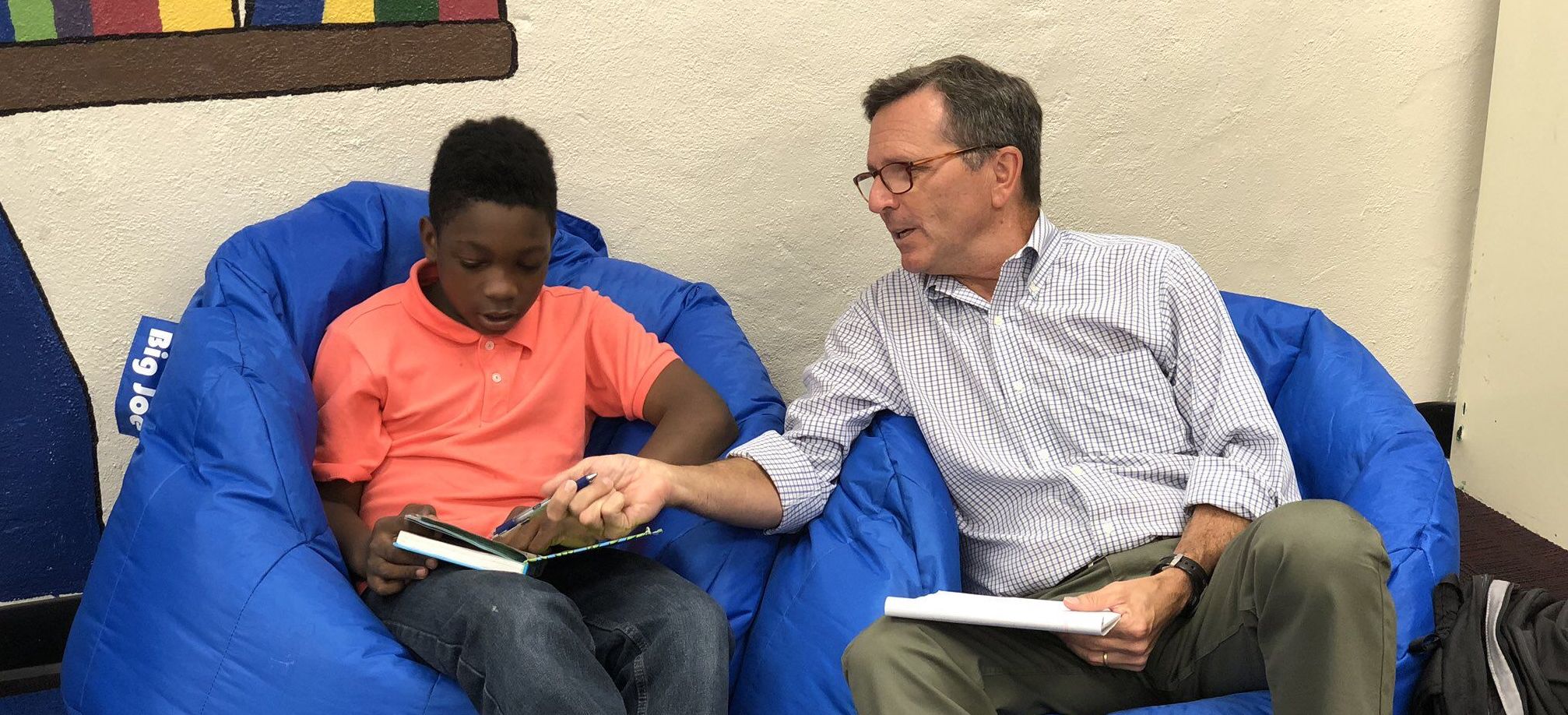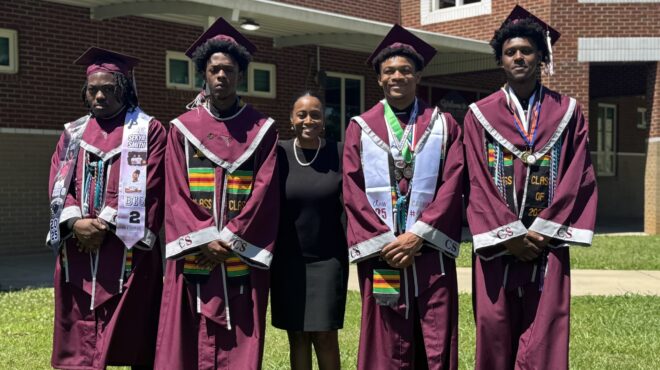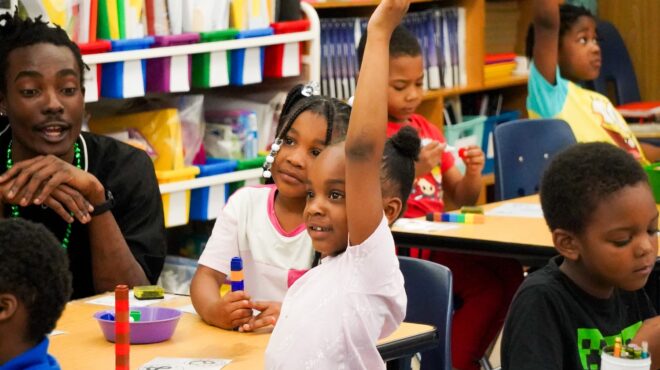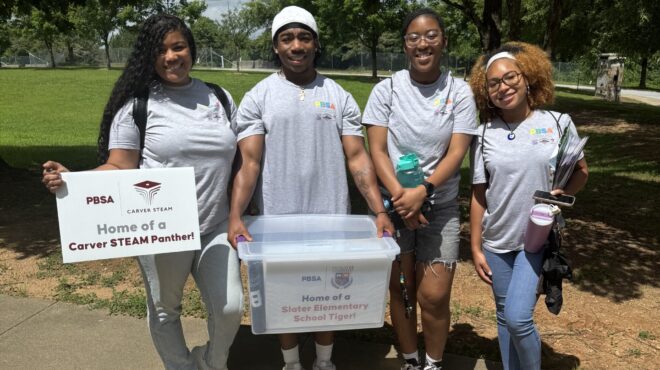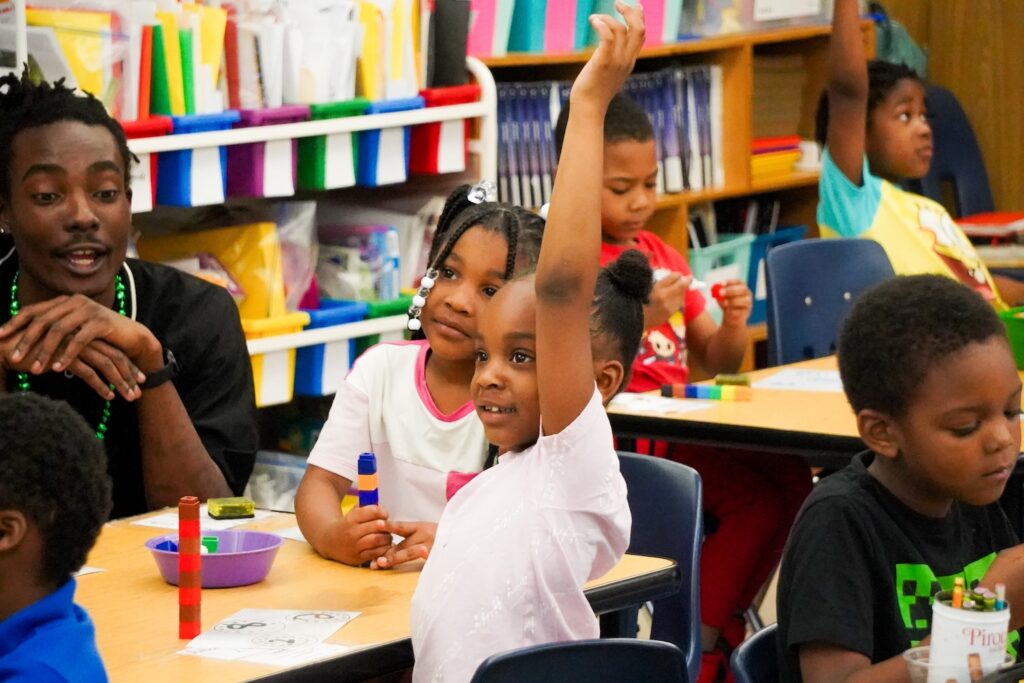By Greg Giornelli
President and CEO, Purpose Built Schools Atlanta
Atlanta is my hometown. I grew up here, I’ve raised my family here, and I suspect I’ll always live here. I love pretty much everything about Atlanta: our neighborhoods, the parks, the restaurants, the Braves. It’s always been a place of economic opportunity, too, and as someone who has worked in Atlanta’s city government, community development, and education for 30 years, it’s been a joy to watch this city become more dynamic, more diverse and more livable.
But that opportunity doesn’t apply to everyone.
Because Atlanta is also a place where the circumstances you are born into—the neighborhood you live in or the level of education your parents have—can predetermine your fate like no other city in America. At various times over the last five years, Atlanta has had the country’s highest level of income inequality and the lowest level of social mobility, a perfect storm that seals the fate of so many young people.
And the one thing we count on to level the playing field – quality public education – is not the great equalizer we all hope it will be. Education is part of the systemic problem that has been plaguing our city for half a century. Because not all schools are equal. You don’t need to look further than school rankings based on student achievement data to see just how deeply rooted this reality is.
Despite countless reform efforts, history indicates that low-performing schools will, with few exceptions, stay low-performing. In 2011 about 60 elementary schools were ranked in the bottom five percent of Georgia elementary schools. Eight years later only one of those schools had moved out of the bottom 25 percent.
 Every Thursday at 8:05 a.m., right after two young students lead Slater Elementary in the Pledge of Allegiance and “Lift Every Voice and Sing,” I sit down with 4th grader Khamari to read in Slater’s media center. This year we’ve read two Dogman books, Captain Underpants, and we’re now tackling the 400+ pages of Tristan Strong Punches a Hole in the Sky. Khamari is one of the smartest and most engaging young people I’ve ever met. But Khamari is caught up in this systemic problem, and Slater is one of those 60 schools.
Every Thursday at 8:05 a.m., right after two young students lead Slater Elementary in the Pledge of Allegiance and “Lift Every Voice and Sing,” I sit down with 4th grader Khamari to read in Slater’s media center. This year we’ve read two Dogman books, Captain Underpants, and we’re now tackling the 400+ pages of Tristan Strong Punches a Hole in the Sky. Khamari is one of the smartest and most engaging young people I’ve ever met. But Khamari is caught up in this systemic problem, and Slater is one of those 60 schools.
In 2016, Atlanta Public Schools and Purpose Built Schools Atlanta decided to tackle this problem head-on and teamed up as part of the district’s effort to reform this system that could fail Khamari. It is our mission at Purpose Built Schools to make sure Slater – along with three other Purpose Built Schools – changes the narrative and outcomes for schools in Georgia’s lowest-income communities. And it’s our mission to make sure Khamari – along with 1,649 of his fellow Purpose Built Schools students – is given the opportunity to thrive and reach his full potential.

